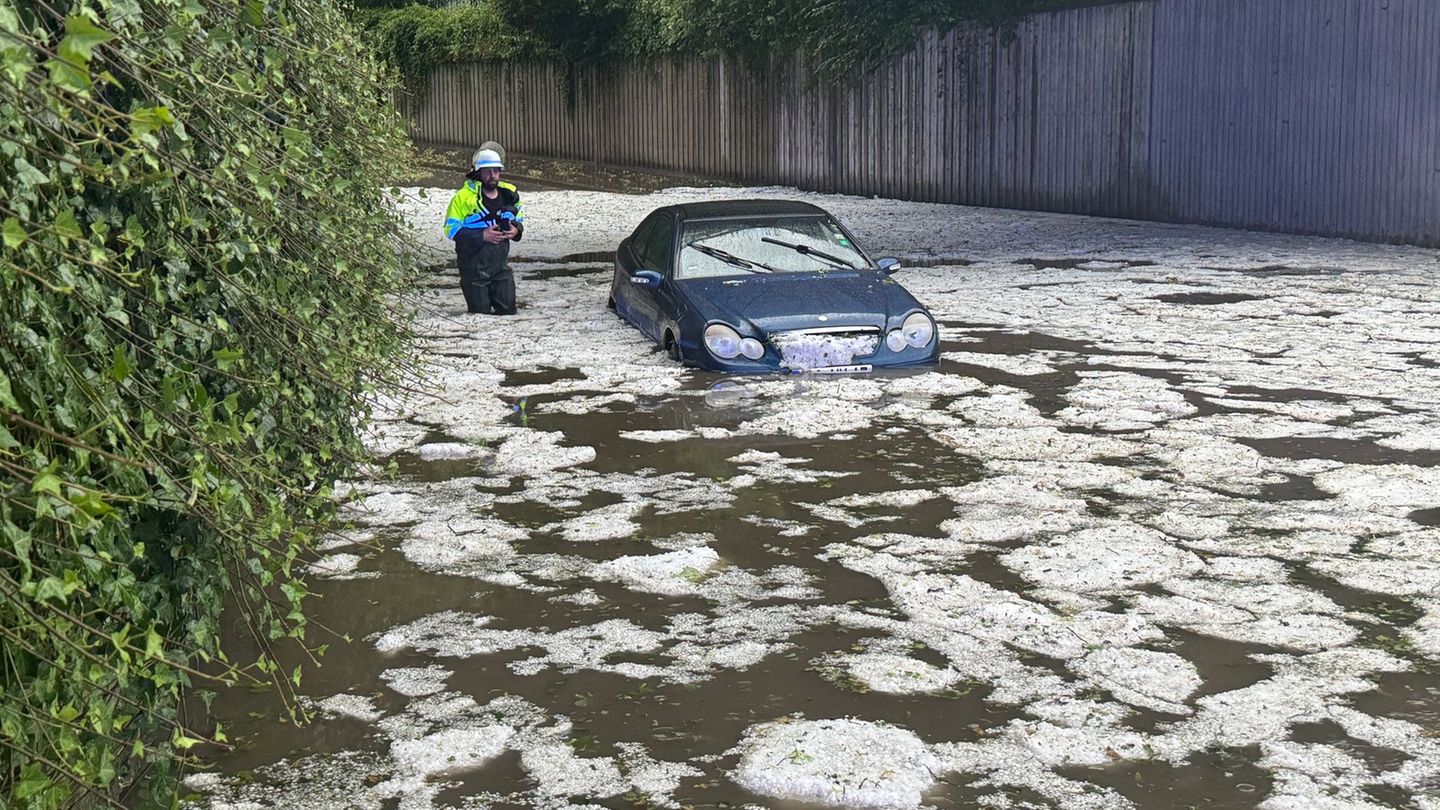Are forecasts useful? Are they credible? Are there science fiction and scientific ones? Is it possible to predict correctly? In “Travel to the future (and come back to tell it)” (21st century), Walter Sosa Escudero It makes you discover “the science behind forecasts” in an entertaining and rigorous way. Sosa Escudero He is an economist (UBA) and PhD (University of Illinois), professor and researcher (CONICET); Among his popular books are “Big Data”, “Borges, Big Data and me”, “What statistics is and what it is not”. We spoke with him about the extent to which the art of forecasting adds information, statistics, new technologies, a share of intuition and another of tolerance for chance.
Journalist: At the end of the year, when astrological forecast books appear. Did you decide to counter them by offering the scientific perspective?
Walter Sosa Escudero: We are in a moment where the forecasts are raining. In bookstores my book competes with Ludovica Squirru’s. The president makes predictions, saying, for example, that next year inflation will be so high. The most diverse people decide what is going to happen. And “Travel to the Future” appears, which does not make predictions, but instead tries to make people reflect on how predictions are made and which ones are credible. And consider that there are things that are not predictable.
Q.: Is the need to “visit the future” an atavistic desire, a far-sighted intention or mere curiosity?
WSE: It’s a mix. A simple example: Who is going to win, Trump or Harris? For some people it is a little intellectual game to talk about something and see who will hit it. For others, a way to take precautions for what may happen. A reliable forecast allows you to make decisions, adopt precautions, to hedge against risk or to understand what will happen according to what the forecast indicates. They have some curiosity and gossip. But for many weather, economic, and political forecasts, more than a curiosity, they are a necessity to take precautions, the most banal: whether to bring an umbrella or not, the less trivial: should I advance the rent in Mar del Plata or wait to see if I can go to Brazil?
Q: What happens to accurate forecasts not taken into account?
WSE: A relevant forecast is one that is capable of causing behavioral changes before the phenomenon manifests itself. A forecast is a story, therefore, how it is communicated is key. How he uses his materials to convince about the foundations of the foreseeable. Let’s see: the technology for predicting the weather is quite developed and works well. Many meteorological services are not concerned with the technology that enables forecasts but with the way in which the characteristics of a phenomenon are reported. There were natural disasters predicted by the meteorological service that were not taken into account by the people. An important component of a forecast is effective communication.
Q: Is one way to justify something unforeseen is to say that it was a black swan?
WSE: We tend to call anything unforeseeable a black swan. A particular unpredictability. A white swan with 23,473 feathers is as rare as a black one, but with that many feathers it is not very different from another white one. It is said that Milei was a black swan because five years ago no one predicted that he would be president. But there was a good chance that a disruptive candidate would emerge, who would come from outside the system, who would be a bit anarchic. The polls were seeing that. So the appearance of a candidate like Mileí was not such a rare phenomenon. Therefore, he was not a black swan, possibly Pope Francis was a black swan. I would not call anything rare a black swan, but rather those that are rare, but also very different from other nearby phenomena.
Q: What is the science of forecasting?
WSE: The ways to arrive at forecasts are through statistics and data or through explanations. When Einstein predicted that in an eclipse there would be a deviation of the rays, this did not arise from statistics but from reasoning by which, according to such a theory, it could eventually be observed that this will happen. It is a traditional prediction that arises from science. Another way – I use meteorological science as a generic – shows that behind a good forecast there is a successful combination of information, technology and intelligence. In that sense, the book discusses the role that statistics, computers, algorithms, Artificial Intelligence and the new data science play in forecasts.
Q: Will Artificial Intelligence make it possible to have more accurate forecasts?
WSE: Yes in some dimensions, no in others. Where there has been progress and where progress will be made is in the quality of forecasts of those things in which the limitation has to do with data and algorithms. Twenty years ago, finding out how long a trip took was done by trial and error, today you use Googlemax and you know precisely how long it takes, because now you have data that you didn’t have before. In other disciplines, prediction is not hindered by a lack of data but by a strategic element, for example, in an election. What Trump does is not independent of what Harris plans to do, and what she does is not independent of what she thinks Trump is going to do. This reasoning permeates finance, the economy, sports, and politics. This has nothing to do with a lack of data but with the brutal interaction that exists in social phenomena. Where there is now a lack of data, there will be many advances, for example, in the detection of tumors or in purchasing processes on networks, while in economics, finance or politics the role of AI is very limited.
Q: What are you working on now?
WSE: With Diego Golombeck, Sebastián Campanario and others, we worked to estimate how much it costs the Argentine not to sleep the seven or eight hours recommended by the World Health Organization. A scandalous figure emerged: it costs 1.3 of GDP
Source: Ambito
I am Pierce Boyd, a driven and ambitious professional working in the news industry. I have been writing for 24 Hours Worlds for over five years, specializing in sports section coverage. During my tenure at the publication, I have built an impressive portfolio of articles that has earned me a reputation as an experienced journalist and content creator.




